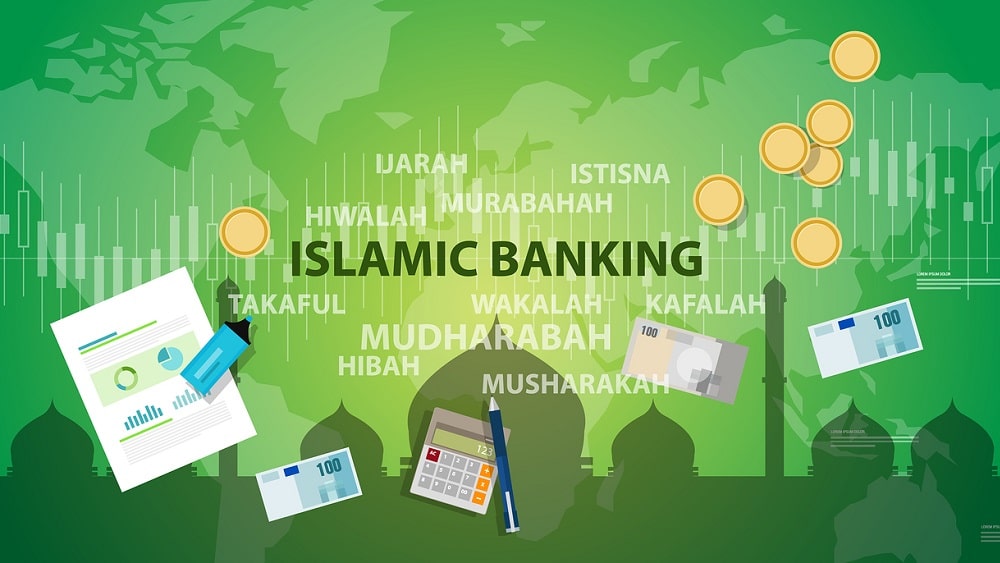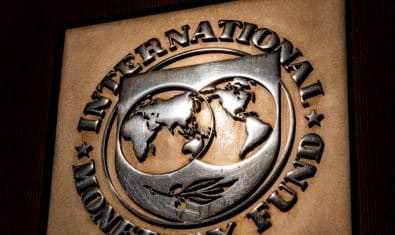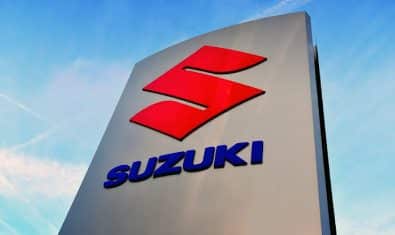Islamic Banking Industry (IBI) witnessed tremendous growth in the outgoing year of 2020.
Islamic banking operations increased, and its influence over the local economy also improved, resulting in pushing the value of assets in this industry to surge over Rs. 4 trillion.
According to the State Bank of Pakistan’s (SBP) quarterly report on Islamic Banking, the overall assets base of the Islamic banking industry increased to Rs. 4.269 trillion by the end of 2020, as compared to Rs. 3.284 trillion of assets at the end of the previous year.
This shows an increase of Rs. 985 billion in the asset value.
Islamic banking was re-launched in Pakistan in 2000. The Islamic banking industry achieved Rs. 1 trillion assets for the first time in March 2014, with their share in the overall banking industry clocking in at 9.4 percent.
IBI assets attained their next milestone of Rs. 2 trillion in the next two years and one quarter in June 2017, and its asset share in the overall industry surged to 11.6 percent. It reached Rs. 3 trillion assets in the next two and a half years in December 2019, with a market share standing at 14.9 percent in the overall banking sector.
ALSO READ
Pakistan Mortgage Refinance Company Issues Shariah-Compliant Sukuk
The industry attained the benchmark of Rs. 4 trillion in assets values merely in one year, which is a record for the industry itself. It maintained a share of 17 percent in the overall assets of the banking industry.
Over the last five years, both assets and deposits of the Islamic banking industry have more than doubled, according to SBP data.
Islamic Banking Records Highest Growth Since 2015
The overall deposits of the Islamic banking industry have shown tremendous growth of 27.8 percent during 2020. This is the highest increase in deposits since 2015. The deposits of the IBI stood at Rs. 3.3 trillion by the end of 2020.
The investments (net) made by IBI registered a considerable increase of 17.9 percent (Rs. 191 billion) and were recorded at Rs. 1.2612 trillion, as compared to a rise of 0.3 percent in the corresponding period of 2019.
This increase is mainly attributed to investments made by IBI in GoP Sukuk during the period under review. It is worth mentioning that GoP issued domestic sovereign Sukuk of Rs. 201.2 billion during 2020.
The financing and related assets (net) of IBI stood at Rs. 1.881 trillion. The financing of the Islamic banking industry has also grown by 16 percent during 2020. Furthermore, the non-performing finances (NPFs) to financing (gross) ratio has declined from 4.3 percent, as of the end of December 2019, to 3.2 percent as of the end of December 2020.
Brief History of Islamic Banking Industry
Since the re-launch of the Islamic banking industry early in 2000 with merely one bank (Meezan Bank), the industry strived hard to penetrate the market with little awareness and acceptance among the general public and consumers of banking services.
Gradually, the industry expanded with the addition of two more full-fledged banks, i.e., BankIslami and Dubai Islamic Bank in 2005, and then Al Baraka Bank Pakistan was established after a gap of five years in 2010, showing consistent development of the industry with increasing acceptance and demand in the Muslim majority country.
Meanwhile, many of the conventional banks also set up separate Islamic banking divisions with Islamic names, which expanded the size of the industry and is now backed by 17 conventional banks with Islamic banking services besides four full-fledged Islamic Banks and a subsidiary MCB Islamic Bank.
ALSO READ
Bridging Gaps in the Local Shariah-Compliant Banking Products Market
In addition to these operating banks, Faysal Bank is converting more than 75 percent of its operation on Islamic mode of banking and likely to convert itself to a 100 percent Islamic bank this year.
The profit before tax of the IBI showed a yearly growth of 33 percent showing an increase from Rs. 66.1 billion to Rs. 88. 4 billion in 2020.
The branch network of IBI saw an increase of 230 branches in a year, which increased from 3,303 branches to 3,456 branches across 124 districts of the country.
SBP’s Promotion of Islamic Banking
SBP has also played a key role in the development of the Shariah structure for the Naya Pakistan Certificate, i.e., the Islamic Naya Pakistan Certificate (INPC). INPCs are available through the Roshan Digital Accounts (RDAs) for investment to overseas Pakistanis and those resident Pakistanis who have declared assets abroad.
Moreover, extensive efforts have also been made in close collaboration and coordination with the stakeholders for capacity building and awareness creation about Islamic banking across the country.
ALSO READ
Islamic Banking to Expand Across South and Southeast Asia Post Pandemic: Moody’s
In this respect, SBP took a key initiative to establish three centers of excellence in Islamic finance education at well-renowned business schools, i.e., IBA Karachi, LUMS Lahore, and IMS Sciences in Peshawar. It proved to be a timely decision, and these centers are now contributing to the research and awareness-related areas along with helping the industry in the provision of Islamic banking experts.
In 2020, SBP has been voted as the best central bank in promoting Islamic finance by a poll conducted by Islamic Finance News (IFN), REDmoney Group Malaysia.


























